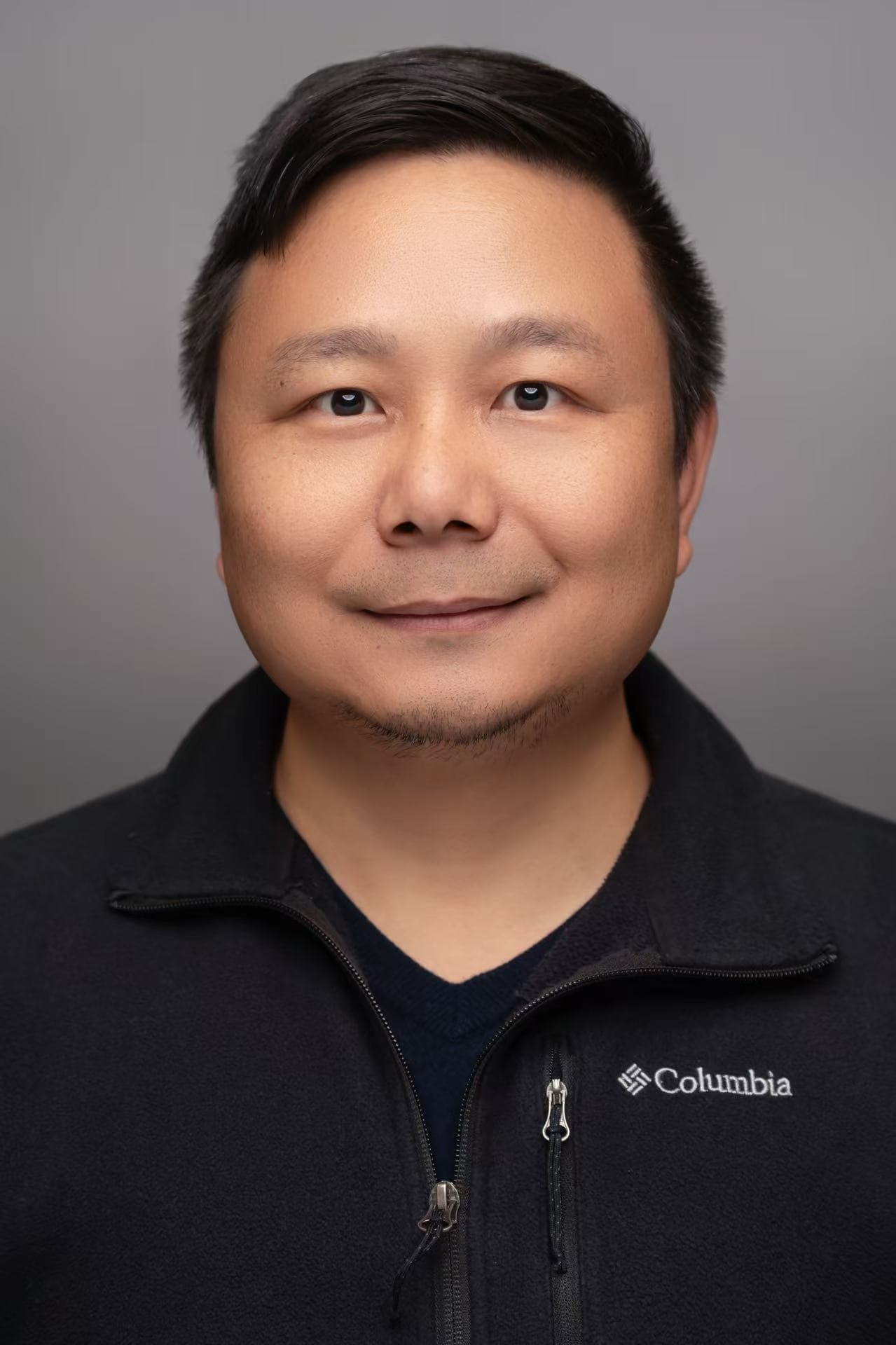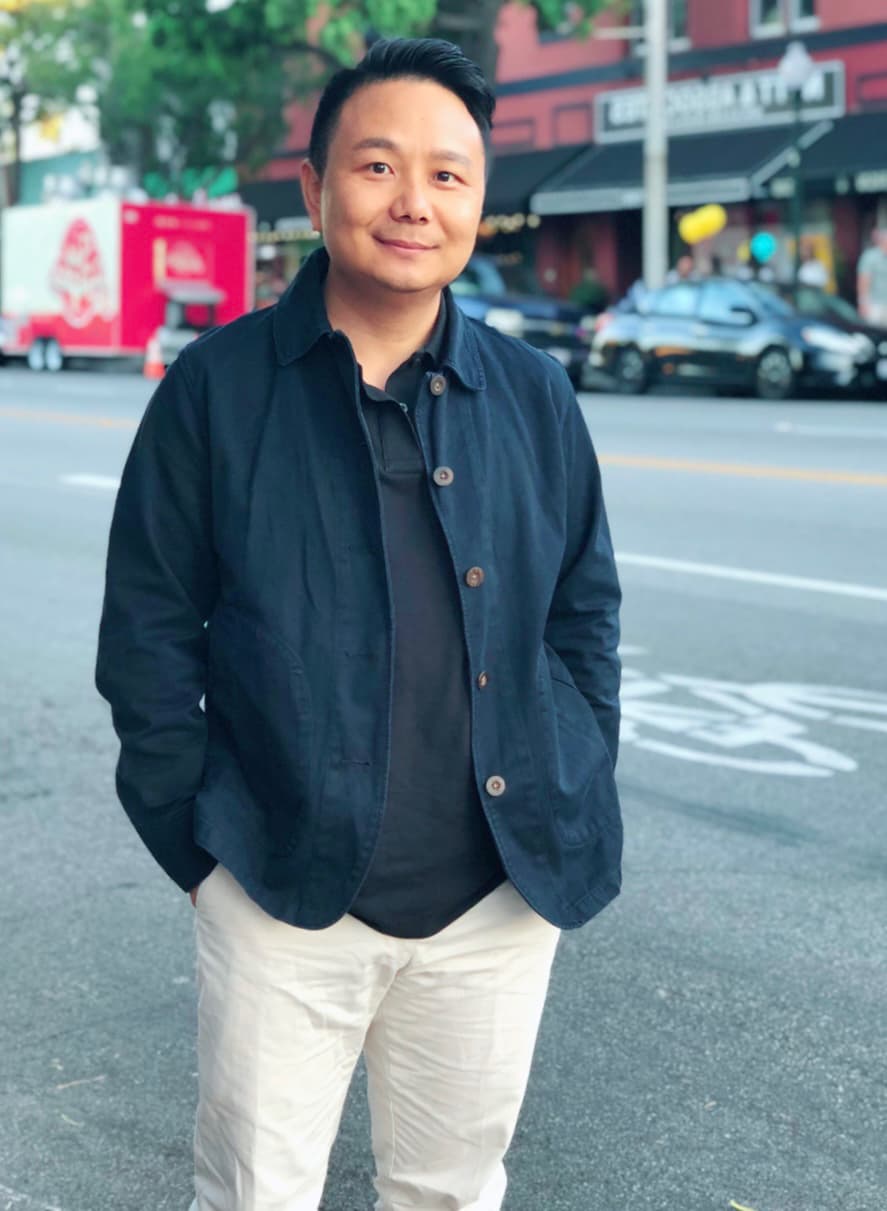Mingui "Johnny" Gao
What initially got you interested in studying gerontology? Why did you stick to it?
I became interested in Gerontology through both childhood experiences and more recent work in social services. Although I’ve only been on this path for a year, the more I learn, the more I recognize its value to older adults’ well-being. The field is as multi-faceted as the needs of older adults themselves—and its interdisciplinary nature allows researchers from various fields to collaborate for real-world impact.
What has been your favorite experience in the CALC gerontology program? Why?
One of my favorite aspects of the CALC program is its dual-title PhD structure. As someone in Sociology and Gerontology, I appreciate how this structure honors students’ original training while providing in-depth, intentional gerontological education. It’s a model that prepares us well for both academic and applied careers.
Who are your mentors at Purdue and elsewhere? How do they help you succeed?
How has your interest in gerontology influenced or shaped your research agenda? Your agenda post-grad?
Gerontological training has taught me to view my research through a life course lens. I now think more critically about how variables operate over time, and I’ve developed a strong interest in longitudinal data and causal inference. These insights have influenced both my dissertation planning and broader research agenda. Looking ahead, I believe gerontology will only grow in significance as populations age globally—and I feel confident that this discipline will remain both promising and impactful.
What's something you'd like to tell your peers you feel they don't know or need to be reminded of regarding gerontology?
What's something you'd like to tell anyone NOT in the study of gerontology?
One thing I’d like to tell anyone not in the study of gerontology is that it’s not just about older adults. Gerontology takes a life course perspective, which means that experiences and behaviors in early and mid-life can shape health and well-being later on. This field allows us to work with people across all stages of life, and the story it tells is not based on static snapshots, but on a dynamic and longitudinal view of human development.



